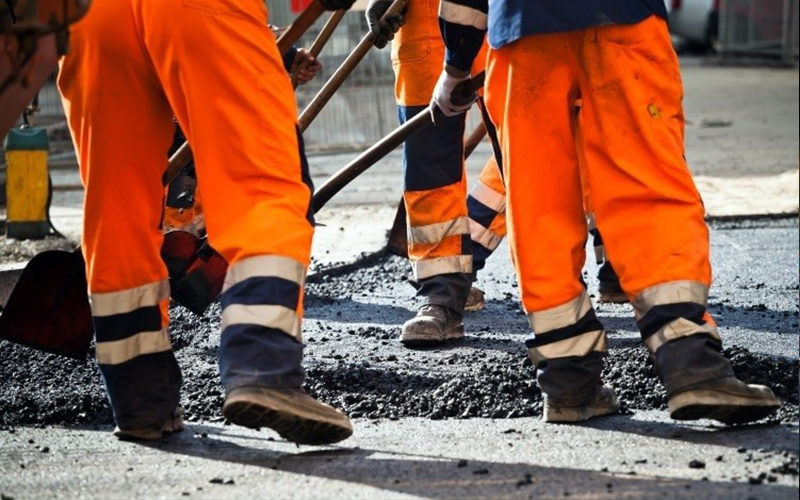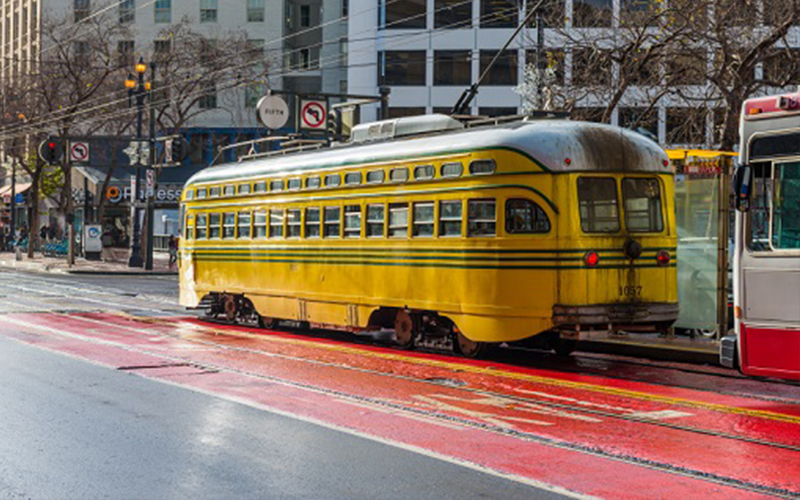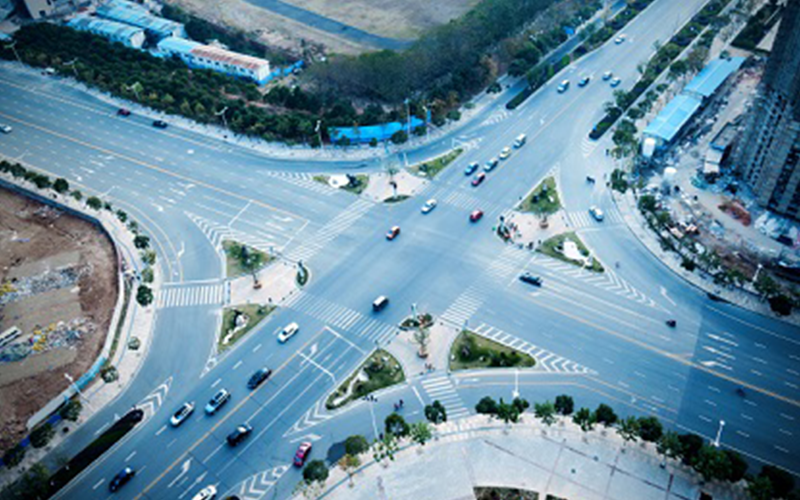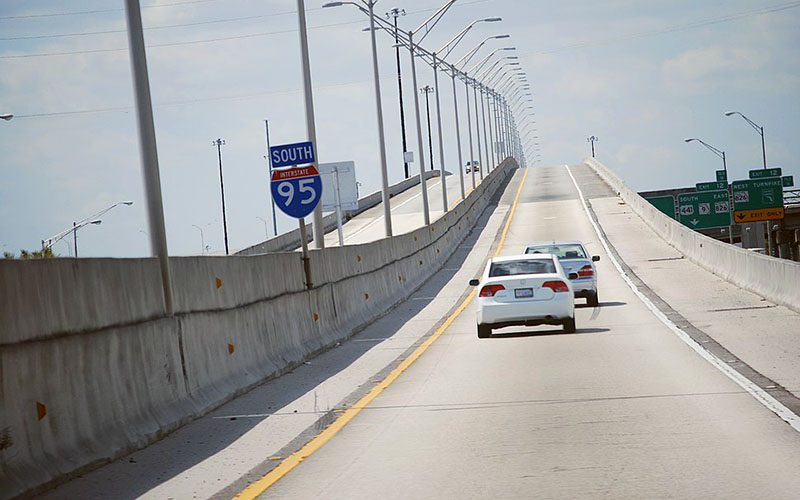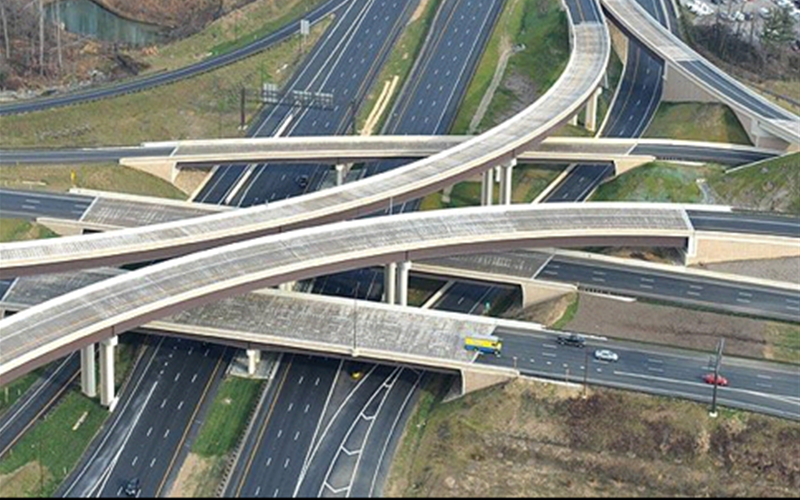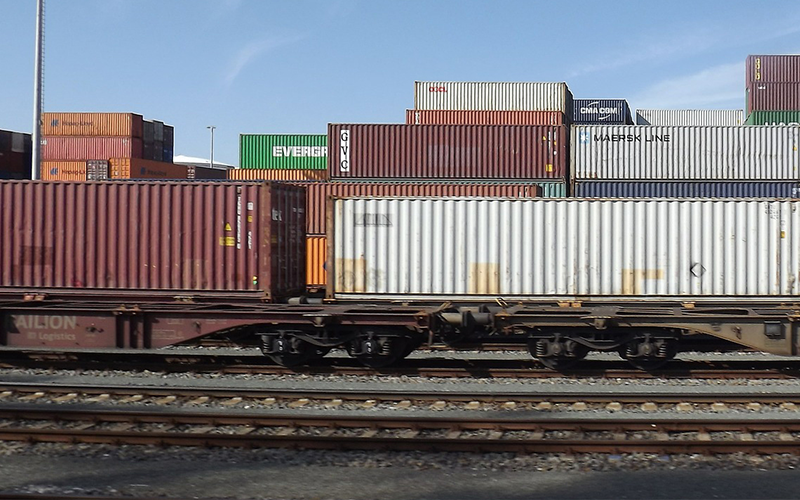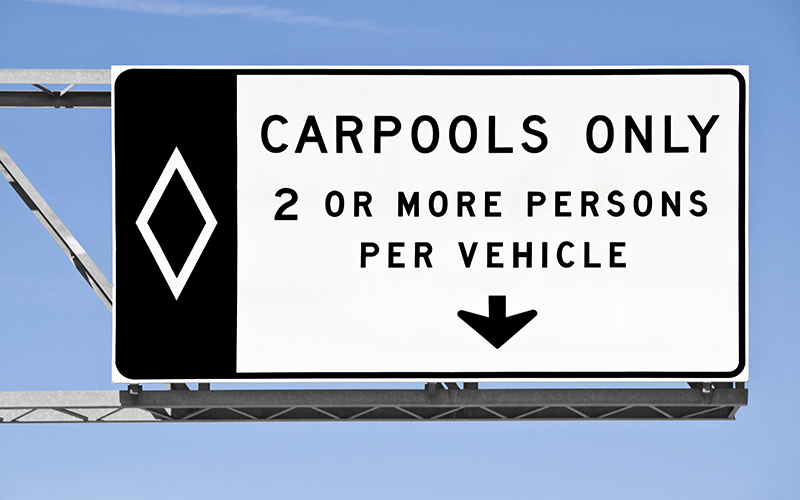NTC Research Projects
[NTC2016-SU-R-12] Optimizing Highway Efficiency in Real-Time
PI: Brian WolshonRamp management is one tool commonly used to maximize freeway capacity by utilizing control devises (signals, signs, gates, etc.) to regulate the number of vehicles entering and leaving the freeway.
[NTC2016-SU-R-11] Trade Flow Implications with the Opening of Cuba
PI: Bethany StichThe rapid reduction of barriers to trade between the US and Cuba coupled with completion of the Panama Canal expansion has implications for the flow of goods within the Gulf of Mexico.
[NTC2016-SU-R-10] A Model System for Greenhouse Gas Emissions Estimation and Green Policy Evaluation
PI: Cinzia CirilloIn this project we propose to combine an integrated discrete- continuous car ownership model and MOVES2014 to estimate households’ vehicle greenhouse gas emissions.
[NTC2016-SU-R-09] Stochastic Deployment of Emergency Vehicles Considering Sequence of Incidents
PI: Ali HaghaniAn efficient control of emergency response units can greatly reduce injuries and adverse impacts.
[NTC2016-SU-R-08] Carbon Credit Estimation Tool for Sustainable Pavement Projects
PI: Qingbin Cui, Lei ZhangA life-cycle analysis methodology showed the use of cold recycling techniques can reduce carbon emissions by up to 84% compared to the most conservative estimate of emissions from Hot Mix Asphalt (HMA).
[NTC2016-SU-R-07] Protecting Global Maritime-Based Intermodal Freight Distribution Systems from the Impacts of Climate Change
PI: Elise Miller-HooksMany of the components of intermodal freight transport systems, as well as other rail and roadway system infrastructures, are by the nature of their designs and locations inherently vulnerable to rising sea levels, significant precipitation events, storm surges and consequent coastal flooding.
[NTC2016-SU-R-06] An Integrated Bus-Based Progression System for Congested Arterials
PI: Gang-Len ChangDue to the high capacity of transit vehicles, the promotion of transit systems can help minimize the number of passenger cars in urban networks and consequently reduce the overall network congestion.
[NTC2016-SU-R-05] The Potential of Employing Connected Vehicle Technologies for Demand Management of Managed Lane Facilities
PI: Yingyan LouIn the proposed research, we will focus on the potential of employing CV technologies for demand management of managed lane (ML) facilities, with the goal of improving the ML efficiency and effectiveness.
[NTC2016-SU-R-04] Sustainability and Scaling of Urban Transportation Networks
PI: Zhihua Wang, Kamil KaloushBeing the ultimate urban land connectors, malfunction or under-performance of transportation networks may in fact trigger the failure of other systems as these elements are inherently interdependent.
[NTC2016-SU-R-03] Economic Impacts from Challenges in Pavement Engineering in an Uncertain Climate Future
PI: Shane Underwood, Mikhail ChesterThere remains relatively weak science for how climate change hazards can impact transportation infrastructure, the personal and commercial use of the infrastructure, the economic disparities that may occur from inconsistent geospatial and temporal influences, and how these impacts should be best managed.
[NTC2016-SU-R-02] Effect of Pavement Condition on Accident Rate
PI: Michael Mamlouk, Shane Underwood, Kamil KaloushPavement distresses directly affect ride quality, and indirectly contribute to driver distraction, vehicle operation, and accidents.
[NTC2016-SU-R-01] Impact of Project Delivery Systems on the Long-Term Performance of Transportation Projects- A National Economic Study
PI: Mounir El Asmar, Shane Underwood, Kamil KaloushIt is relatively unknown how alternative delivery processes affect the performance of the constructed materials, and hence the overall quality of the infrastructure component (eg., highway, bridge, etc.) and the long-term economic impact of that infrastructure.
[NTC2016-MU-R-05] Methods for Improving the Reliability of Transportation Systems
PI: Paul Schonfeld, George ListThe reliability of transportation systems may be improved in various ways involving overall system design, the detailed design of facilities and vehicles, maintenance of facilities and equipment, routing, scheduling, traffic management, terminal operations, control of vehicle movements, provisions for reserves or slack in various system components, and preparations for contingencies.
[NTC2016-MU-R-04] Active Bottleneck Management on Freeways Through Connected Vehicles
PI: Mecit Cetin, George ListTo minimize congestion-related delays it is essential to ensure that the throughput at choke points is kept as high as possible while not compromising capacity due to incidents or irregular/turbulent traffic flow.
[NTC2016-MU-R-03] A National Model for Predicting Life Cycle Costs and Benefits of Intersection Control Alternatives
PI: Daniel Findley, Mark FranzThis proposed project is designed to optimize the allocation of public funds for transportation improvements by creating a computational tool that enables agencies to efficiently compare the life cycle impacts of intersection control type alternatives.
[NTC2016-MU-R-02] Impact of Level of Service (LOS) on the Driver's Behavior on Arterials
PI: Behzad Aghdashi, Celeste ChavisImproving mobility performance measures improves Level of Service and produces several other types of benefits.
[NTC2016-MU-R-01] Urban Transportation System Analytics and Optimization: A Sensor Data-Driven Approach
PI: George List, Xuesong ZhouSensor data, from vehicles and facilities, is revolutionizing the manner in which urban transportation systems can operate.
[NTC2015-SU-R-13] Accommodation of Bicyclists on High Speed Roadways in Maryland
PI: Paul Schonfeld, Elise Miller-HooksThis project will investigate bicycle infrastructure design options and related treatments to facilitate safe cycling along high speed roadways in Maryland.
[NTC2015-SU-R-12] Efficient and Effective Implementation of Alternative Project Delivery
PI: Qingbin CuiThis project aims to help develop a strategic and integrated approach on how to efficiently and effectively identify, develop, procure, and manage projects utilizing alternative project delivery methods.
[NTC2015-SU-R-10] Incorporating Freight and Trade in the Comprehensive Plan: A Megaregion Case Study
PI: Bethany StichThis research will explore the freight planning challenges faced by one emerging megaregion, the US Gulf Coast and will assess disparate strategies for economic development.
[NTC2015-SU-R-09] Understanding Changes in Travel Behavior due to Managed Lanes
PI: Cinzia CirilloThe main purpose of this research is to contribute to the literature on how to measure the effect of departure time and travel time reliability on travelers’ value of time and acceptability of HOT lanes.
[NTC2015-SU-R-08] intelliRoute: A Prototype Mobile System for Non-recurrent Congestion Mitigation Driven by Crowd-sourced Data
PI: Gang-Len Chang, Yue LiuThis research seeks to develop a smartphone-based prototype system that supplements the 511 system to improve its real-time traffic routing service to state highway users and mitigate non-recurrent traffic congestion.
[NTC2015-SU-R-07] A System-of-Systems Approach to Creating Resilient Transportation Systems given Interdependencies with Other Critical Lifelines
PI: Elise Miller-HooksThis work develops a deeper understanding of the effects of interactions between critical infrastructure lifelines (including water, wastewater, power, natural gas, communications and cyber) and transportation systems.
[NTC2015-SU-R-06] Advanced Volatility Models for Improving Travel Time Prediction
PI: Ali HaghaniIn order to provide meaningful traffic information to both travelers and traffic managers, it is critical to develop accurate and reliable traffic prediction algorithms that not only reduce absolute value of prediction error but also take into consideration the uncertainty associated with travel time prediction.









